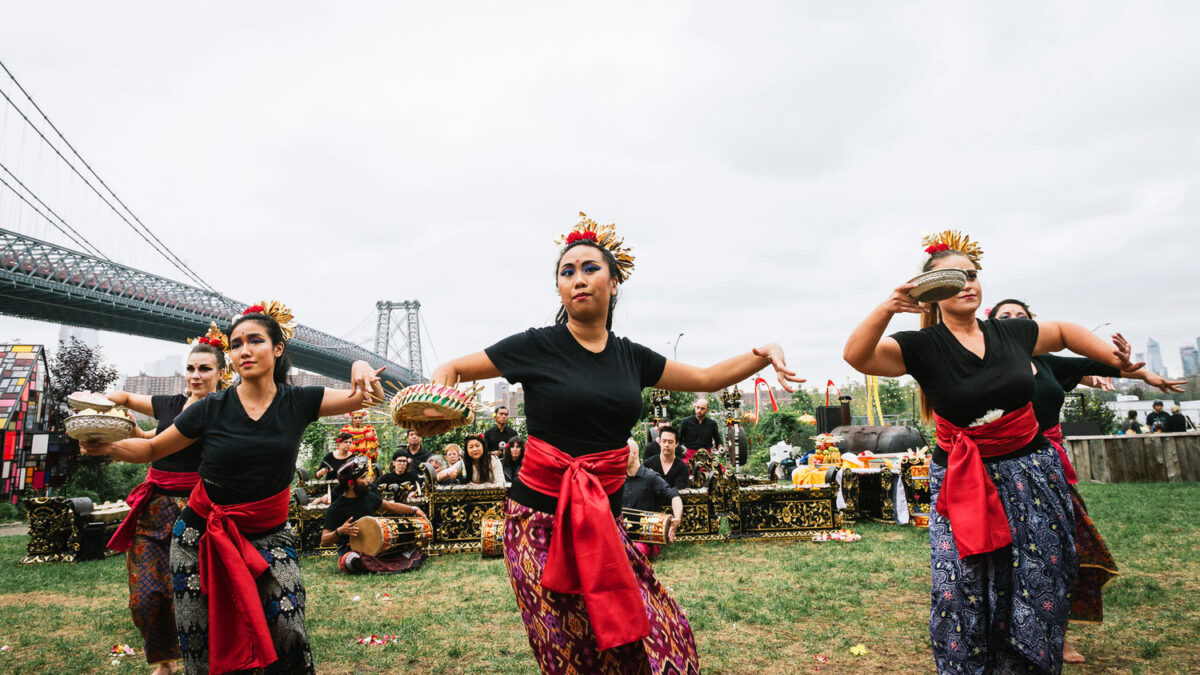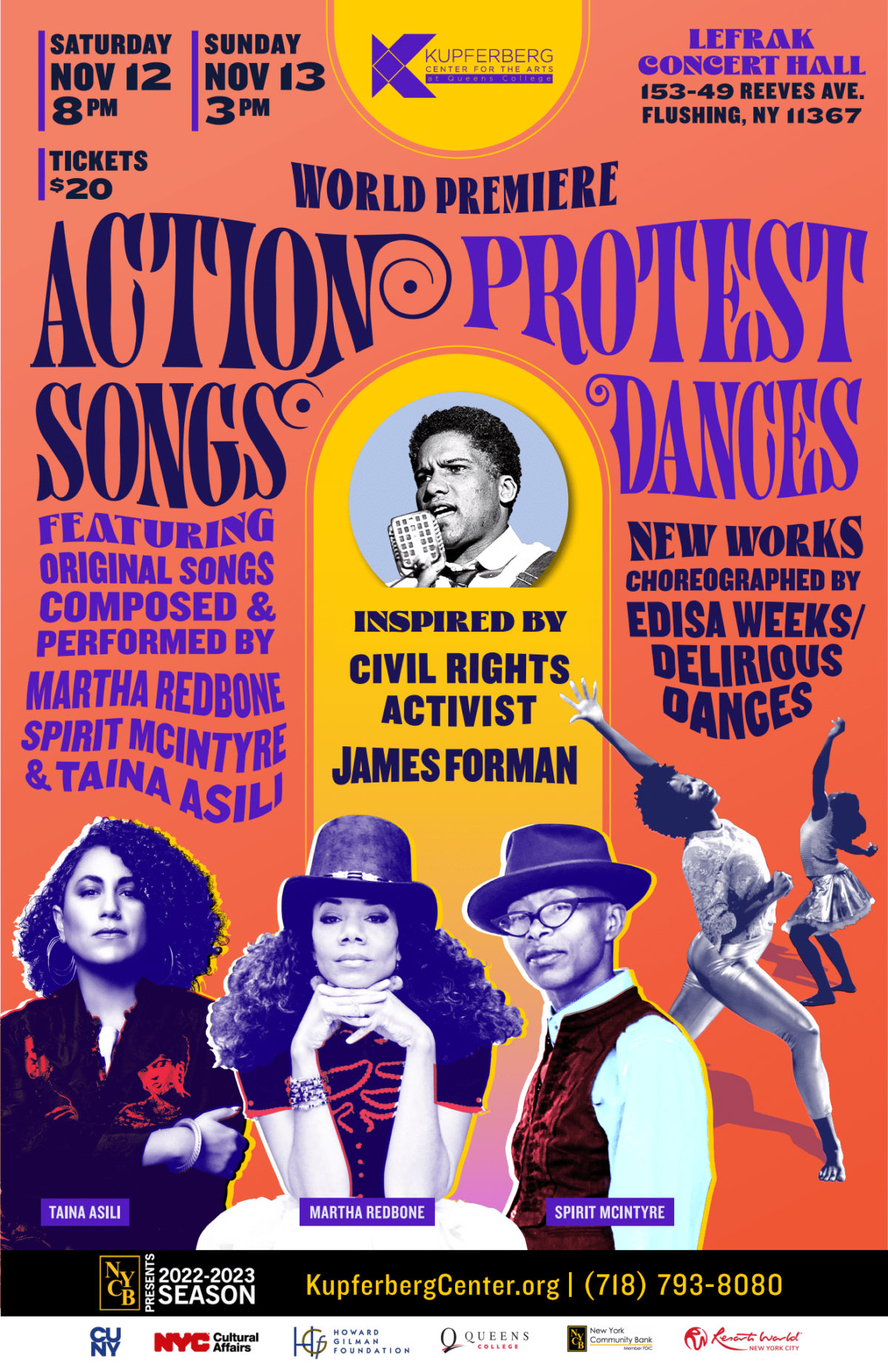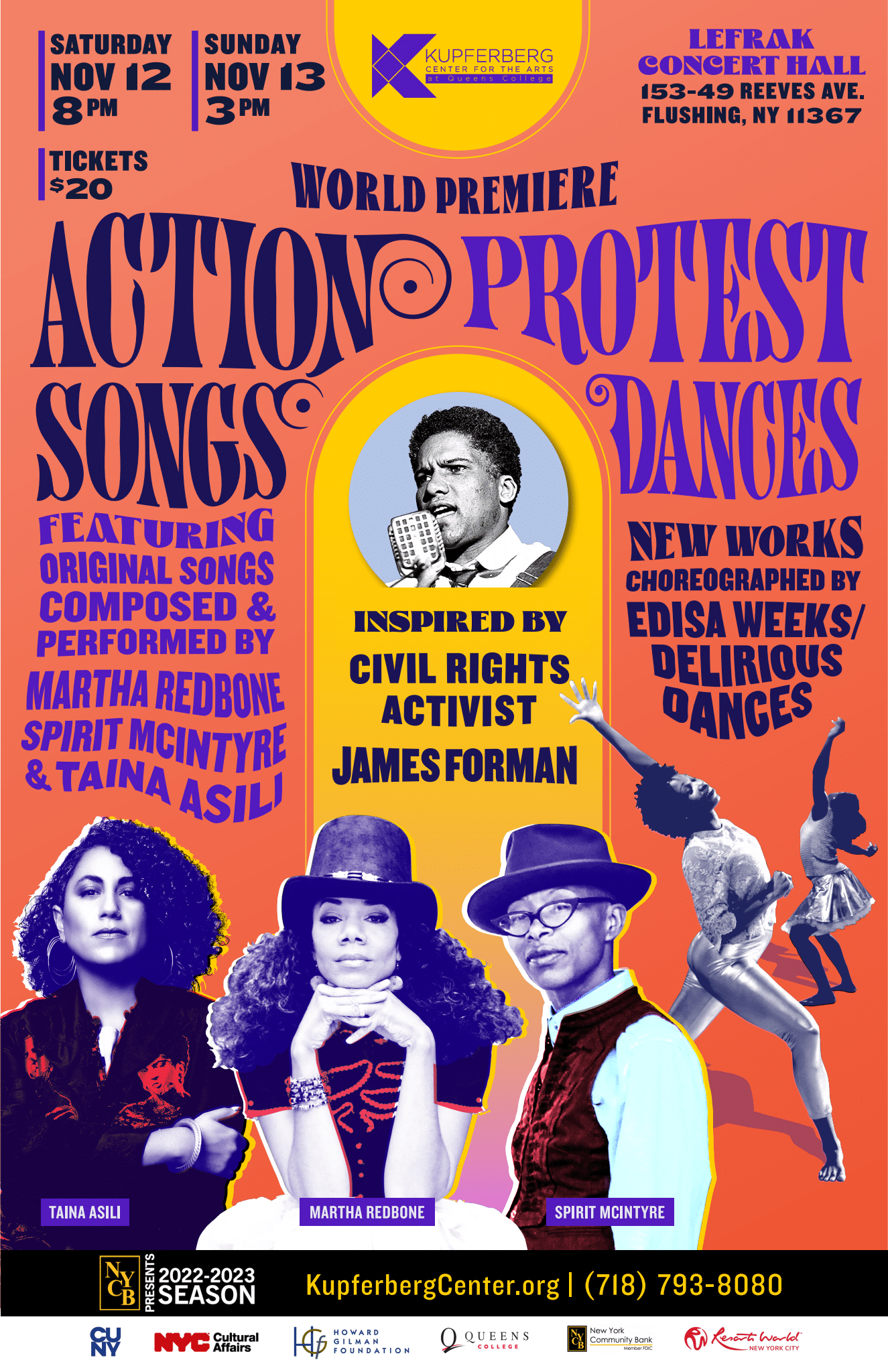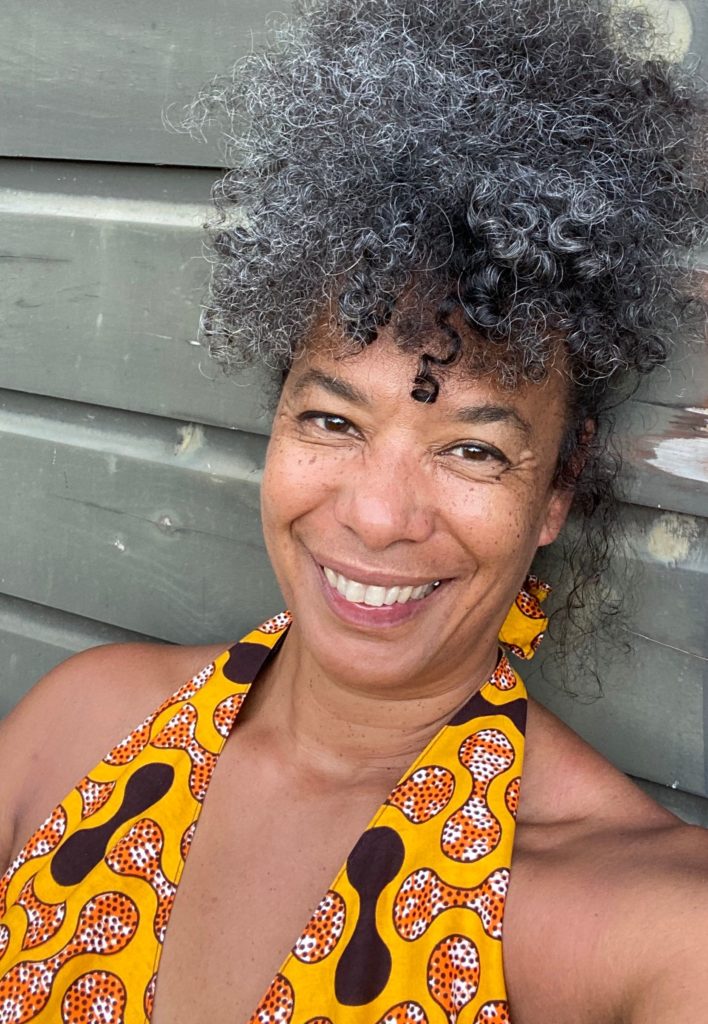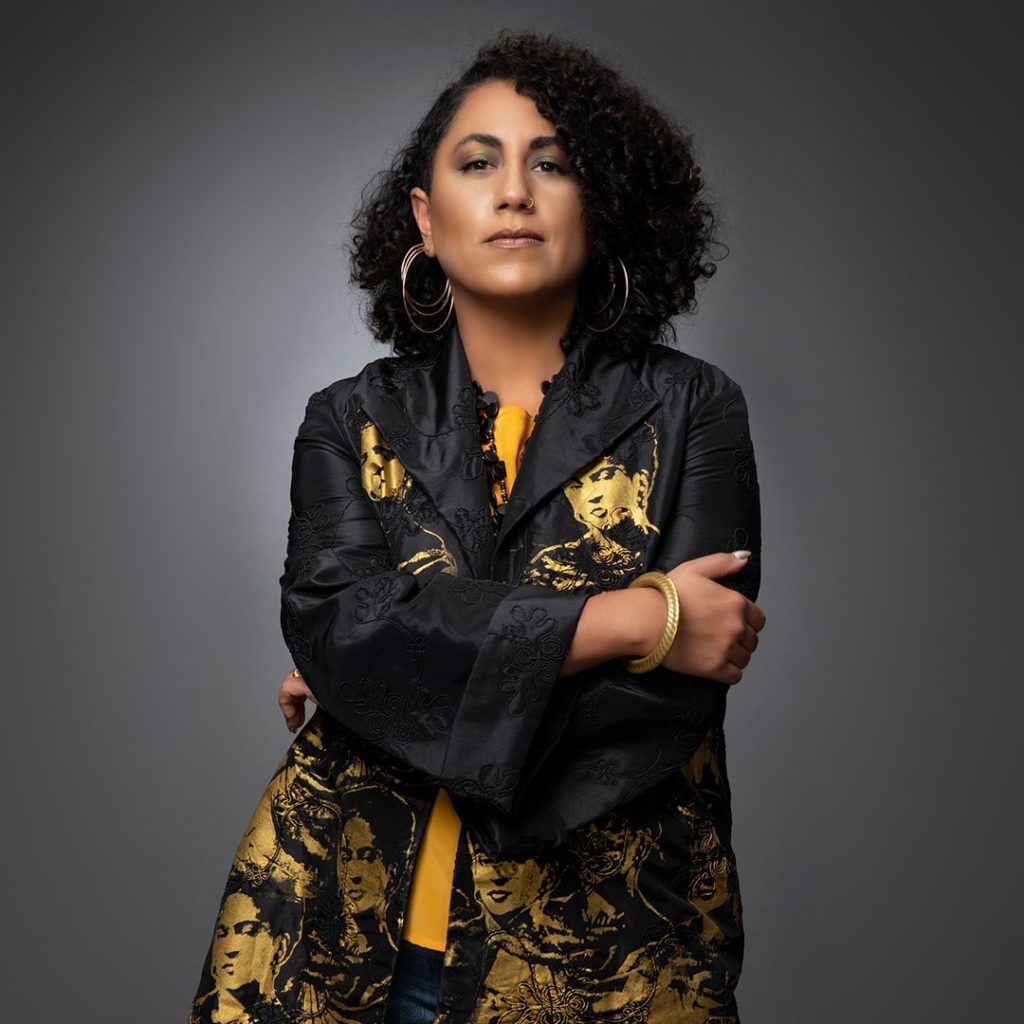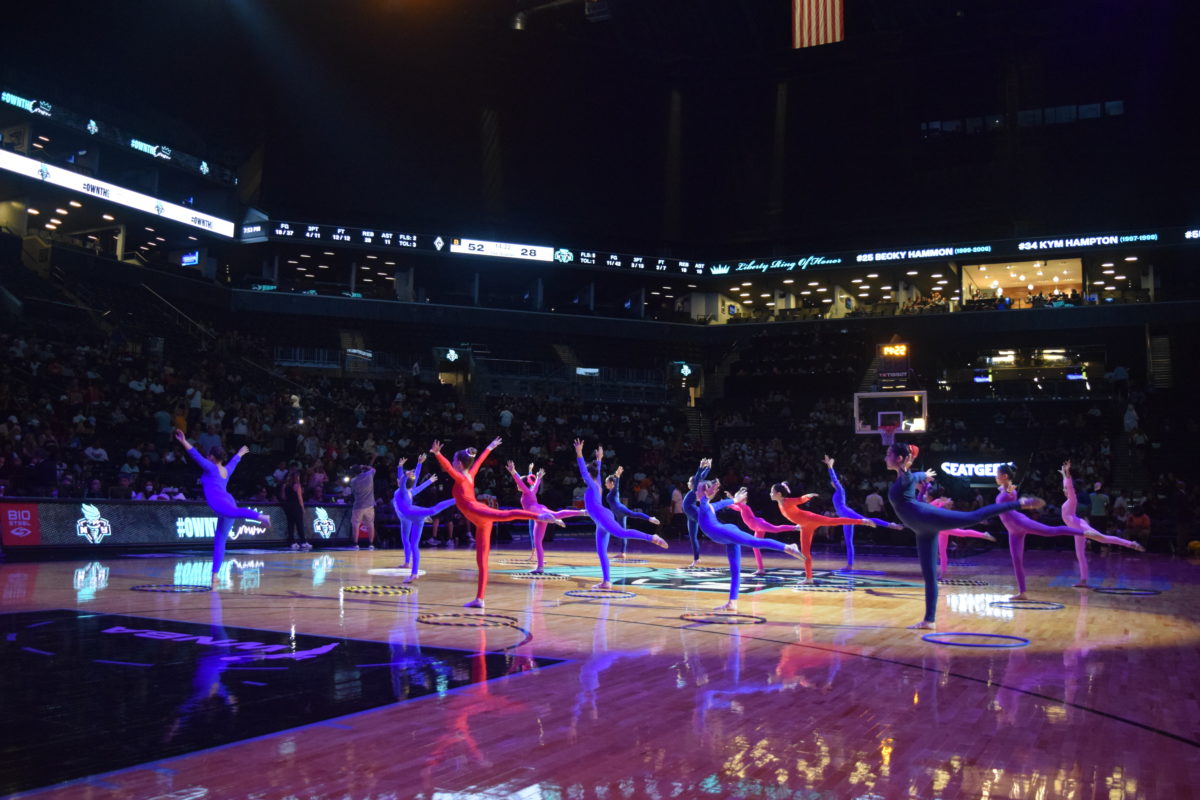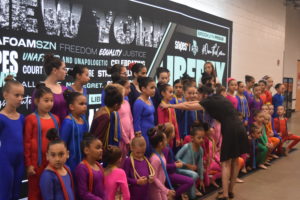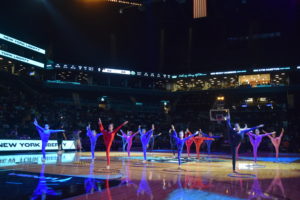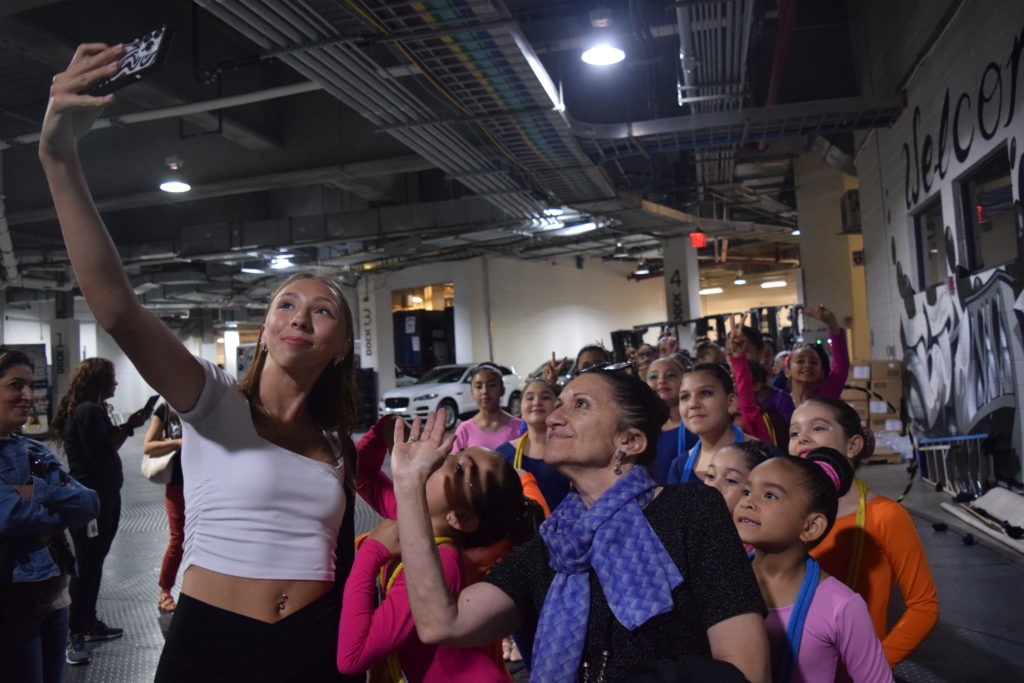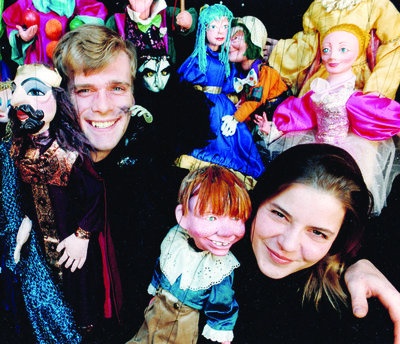Gamelan Dharma Swara to Perform ‘Springtime Super Nova’ in Ridgewood
By Stephanie Meditz
news@queensledger.com
Ridgewood-based performing arts ensemble Gamelan Dharma Swara will present traditional music and dance from the Indonesian island of Bali to ring in the spring season with a bang.
On April 15 at 7 p.m, they will perform traditional Balinese gamelan music and dance in their “Springtime Super Nova” at Ridgewood Presbyterian Church’s Stone Circle Theatre.
Balinese gamelan is a type of music characterized by quick tempo shifts and melodic sounds produced by percussion instruments.
“They call this traditional ensemble Balinese gong kebyar,” president Victoria Lo Mellin said. “Kebyar is a term that means kind of like a flowering, a blossoming or an explosion.”
Gamelan famously uses metallophones, or bronze-keyed, intricately carved instruments, as well as several drums, gongs and sulings, or bamboo flutes.
“One of the things that gives gamelan that intrinsic sound is the fact that all of the instruments are tuned in pairs, and they’re tuned slightly apart from each other so it creates this wavelike sound in the air, which is a symbol of the spirits inhabiting the instruments,” she said.
The group will perform three full ensemble works — two dances and one instrumental piece.
One of the dances will depict the fierceness of a warrior, and the other is about ideal qualities in a king.
“What I really love about our presentation is that our dancers are female, and it’s kind of subverting this idea of gender identity and really putting this new feminine strength behind those gendered dances,” Lo Mellin said.
The dancers’ colorful costumes and makeup take between four and five hours to put on.
“An audience can expect to see what that dynamic, classic sense of what Balinese gamelan would mean for any person who were to come across it for the first time, even in Bali, those traditional dances that really give Balinese gamelan its characteristic sound, characteristic visual,” she said.
Founded in 1989, Gamelan Dharma Swara is a community-based ensemble, meaning that it consists of members who may not have played instruments or visited Bali previously.
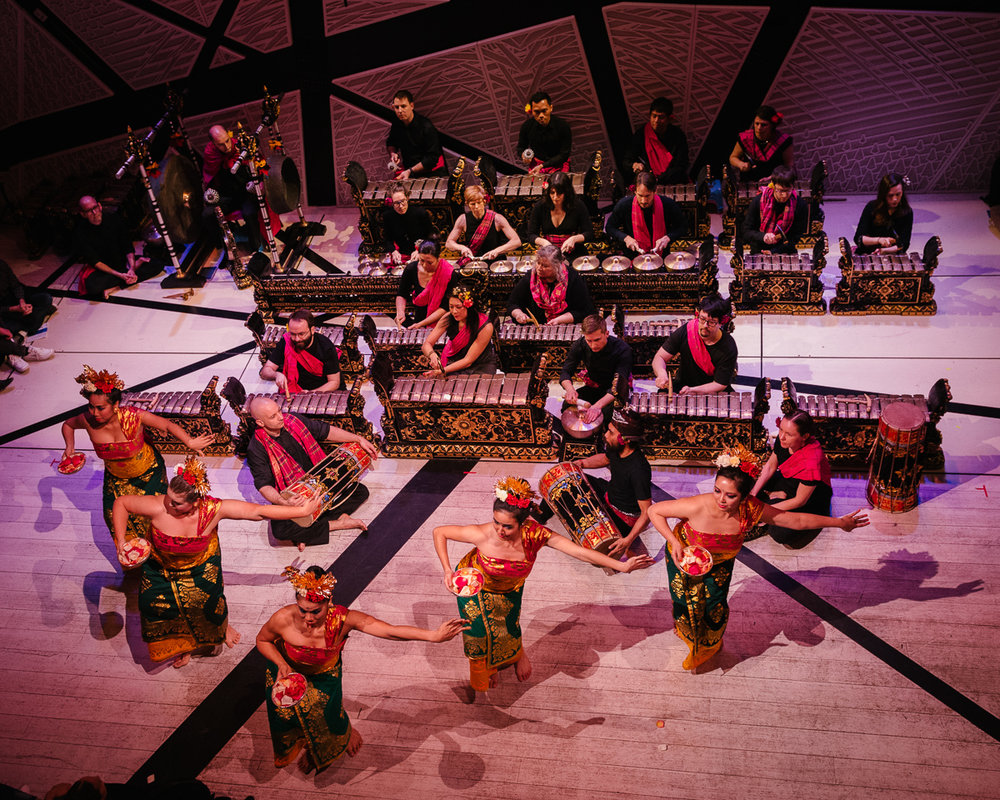
Gamelan music has a very dynamic sound, and is played mostly with percussion instruments.
Photo via dharmaswara.org.
The group meets once a week to learn and eventually perform Balinese arts for the community.
Some members have over thirty years’ experience performing with the group, and others have only joined within the last six months.
Mellin has performed gamelan for over fifteen years, and she has been Gamelan Dharma Swara’s president for seven years.
She got her start in Gamelan Galak Tika, a group based in the Massachusetts Institute of Technology.
“I had found gamelan as just a part of my individual study and loved sitting in on rehearsals so much that I wanted Lo Mto learn what it was all about,” she said.
She played the bamboo flute for many years, but she has since picked up several instruments.
Lo Mellin now plays the ugal for Gamelan Dharma Swara, a metallophone that essentially leads the ensemble.
The group performed for the first time since the COVID-19 pandemic as part of the New York Philharmonic’s Nightcap series on March 18.
In 2010, they were the first Western group to be invited to the Bali Arts Festival as part of their gong kebyar competition.
Gamelan Dharma Swara is currently in residence at Ridgewood Presbyterian Church, and they have been based in Ridgewood since September.
“I think one of the biggest things for this ensemble and one of my goals for this particular performance is to really start integrating the ensemble into the local arts ecology,” she said. “As a resident in Ridgewood myself, it’s the first time in my life where I’m really in touch with small business owners. I run into people every single day where I know the people’s first name. I really wanted to feel as though the community ensemble had that same feel, could really integrate itself into the community. Because I think it’s important the community understands what we’re trying to bring to their neighborhood as well.”
Gamelan is integral to daily life in Bali, and she hopes to break down artistic barriers in the Ridgewood community as well.
To accomplish this, Gamelan Dharma Swara offers two interactive public workshops per year in which the ensemble explains the way the music is structured.
By the end of each workshop, the group can play a few short pieces that demonstrate some key tenets of gamelan music.
“I think gamelan is such an interesting conduit for community members to find their own artistry…it’s really important for people to feel like, as a community member, they have that kind of potential, that they have a wellspring of creativity,” Lo Mellin said. “We’re offering an alternative culture to find that latent talent. I think everybody has a part that they can bring to the table, and they can challenge themselves to be a performer, and within a very very short period of time.”
The next workshop will take place on April 30 at Ridgewood Presbyterian Church.
The performance will consist of two sets, the first of which will feature Concetta Abbate’s ensemble.
Abbate’s contemporary classical music has a lyrical, narrative quality, which will contrast gamelan’s explosive, dynamic style.
“Through gamelan, you meet a lot of interesting people, and gamelan sort of has been an important part of my communal and social network. I met Concetta through somebody who used to perform in the gamelan,” Lo Mellin said. “The fact that we’re able to bring so many local creative cohorts…into one singular place, I think it’s going to be really exciting.”
Tickets for Gamelan Dharma Swara’s Springtime Super Nova are available for $25 at https://bandsintown.com/e/104251052 or for $30 at the door.
“Gamelan is an important interwoven experience in the daily culture of somebody who is Balinese. Gamelan is really integrated into the daily life, and I want the community to feel as though gamelan has a place in that community.”



